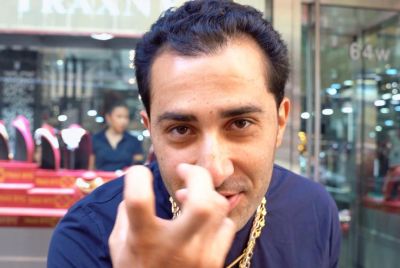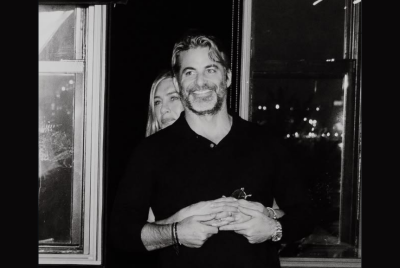'Golden Boy of American Cinema' Robert Redford Dead, Just Four Years After His Son's Death
Hollywood mourns demise of Robert Redford, the iconic actor and filmmaker.
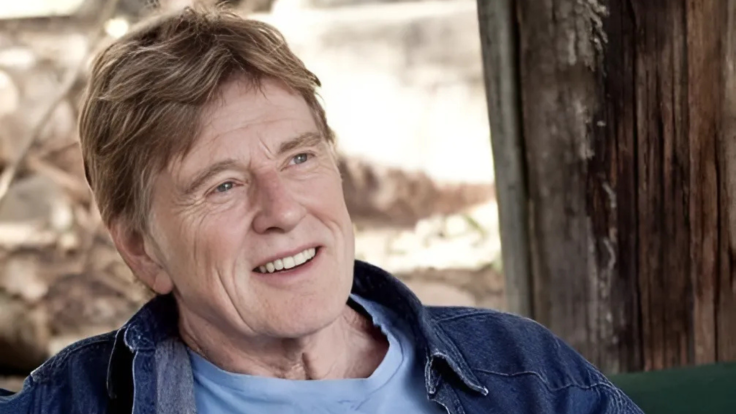
Robert Redford, the Academy Award-winning actor, director and activist who became one of Hollywood's most magnetic leading men and transformed independent cinema through the Sundance Film Festival, has died aged 89 at his Utah home.
His death on 16 September 2025 comes nearly four years after losing his son James Redford, acclaimed filmmaker and philanthropist, to cancer, marking the end of a six-decade career that reshaped American filmmaking.
Redford is survived by his wife Sibylle Szaggars Redford, his daughters Shauna and Amy, and his grandchildren.
Cinema Legend Dies at Beloved Sundance Mountain Retreat
Cindi Berger, Redford's publicist, confirmed that the Hollywood icon passed away on September 16 at his home at Sundance in the mountains of Utah, the place he loved, surrounded by those he loved. He will be missed greatly. The family requests privacy.'
The timing of Redford's passing carries particular poignancy, following the October 2020 death of his filmmaker son James Redford, who succumbed to bile-duct cancer at age 58. James, an environmental activist and documentary filmmaker, had followed in his father's footsteps by combining artistic vision with social advocacy. James was widely admired for raising awareness of organ donation and liver disease through his documentaries and the work of his institute.
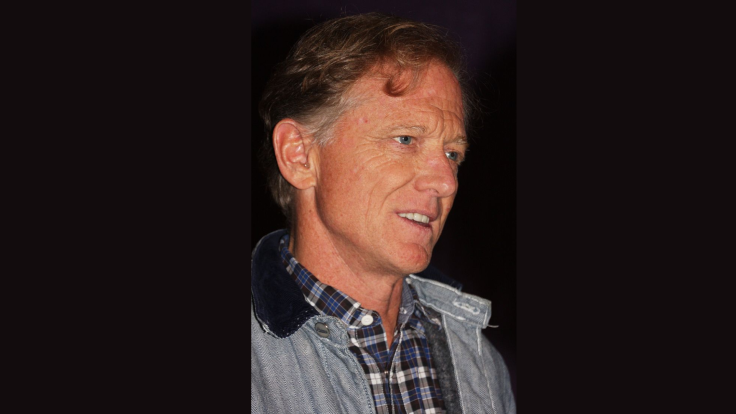
Redford's Achievements and Lasting Legacy
Born on 18 August 1936 in Santa Monica, California, Redford rose to prominence in the 1960s and 70s as one of Hollywood's most bankable stars. His roles in Butch Cassidy and the Sundance Kid (1969), The Sting (1973), All the President's Men (1976), and The Natural (1984) cemented his reputation as both a golden boy of American cinema and an actor capable of nuanced, politically resonant performances.
He later became a celebrated director, winning the Academy Award for Best Director for Ordinary People in 1980. His behind-the-camera career also earned him nominations for Quiz Show (1994). In 1981, Redford founded the Sundance Institute and its now world-famous festival in Park City, Utah, which became one of the most important platforms for independent film.
Beyond cinema, Redford was a committed environmentalist. He campaigned for wilderness preservation, supported renewable energy projects, and used his global profile to push for climate action. These efforts marked him as a rare Hollywood figure equally defined by activism and artistry.
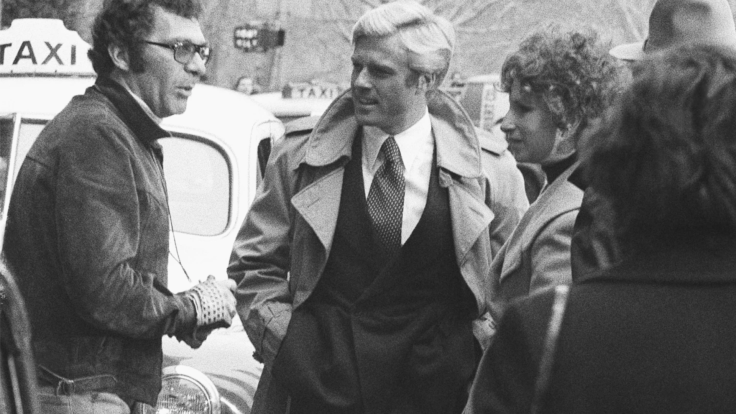
Sundance Institute: Revolutionary Impact on Independent Cinema
Perhaps Redford's most enduring contribution to cinema was founding the Sundance Institute in 1981, which grew from a small Utah workshop into America's premier independent film festival. The initiative launched countless careers, nurturing directors including Quentin Tarantino, Steven Soderbergh, and Kevin Smith.
'The art of making a film and its content are far more interesting to me than the result or impact,' Redford told Interview magazine in 1994. 'I want an audience to be fascinated by the process of finding an answer, or finding out there isn't one.'
The festival's influence extended far beyond Park City, fundamentally altering how independent films were discovered, distributed, and celebrated. By providing a platform for voices outside the studio system, Redford democratised American cinema.
Environmental Activism and Political Engagement
Away from Hollywood, Redford was a lifelong environmental advocate who moved to Utah in 1961, purchasing two acres for $500 and building his own cabin. 'I discovered how important nature was in my life, and I wanted to be where nature was extreme and where I thought it could maybe be everlasting,' he had said.
His activism encompassed wilderness preservation, renewable energy advocacy, and climate action campaigns. This commitment to causes beyond entertainment distinguished him from many contemporaries, reflecting a deeper engagement with America's social and environmental challenges.
Personal Tragedies and Enduring Legacy
Both triumph and tragedy marked Redford's personal life. His marriage to Lola Van Wagenen had four children, though two sons died tragically: Scott Anthony from sudden infant death syndrome in 1959, and James from cancer in 2020.
The proximity of their deaths underscores both a personal family tragedy and a generational handover, with James's work echoing his father's commitment to combining creativity with advocacy.
Hollywood Mourns a Transformative Figure
Tributes have poured in from across the entertainment industry. Stephen King wrote on social media: 'Robert Redford has passed away. He was part of a new and exciting Hollywood in the 70s and 80s. Hard to believe he was 89.'
Oscar winner Marlee Matlin highlighted Redford's lasting impact: 'Our film, CODA, came to the attention of everyone because of Sundance. And Sundance happened because of Robert Redford. A genius has passed.'
President Barack Obama awarded Redford the Presidential Medal of Freedom in 2016, noting Americans admire Bob not just for his remarkable acting, but for having figured out what to do next.'
Redford's final screen appearance was in 2019's 'Avengers: Endgame', though he remained active as a producer until his death. His legacy encompasses not merely the films he made but the countless stories he enabled others to tell through Sundance's continuing influence on independent cinema.
As Hollywood mourns, his legacy endures in the stories he told, the causes he championed, and the independent voices he helped bring to the screen.
© Copyright IBTimes 2025. All rights reserved.


